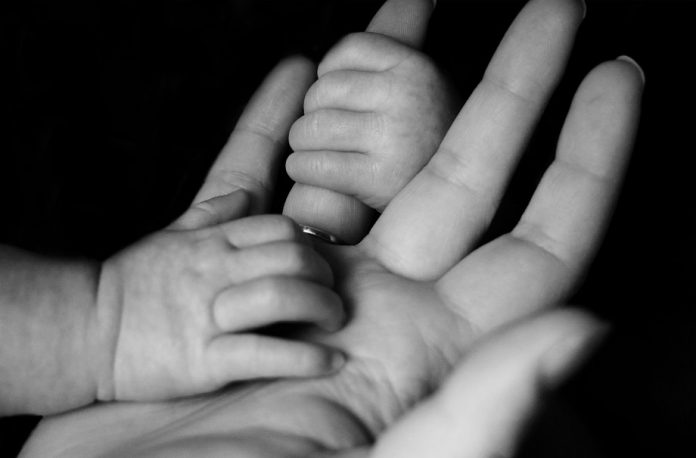According to U.S. News, 3.6 million babies were born in the US in 2020, but not all those births were happy events for the families concerned. Not every pregnancy was healthy, nor was every mother and baby afforded the same standard of healthcare. However, there are now various groups and programs working to address maternal health inequalities and save lives.
Pushing For Change
One of the programs that is making a positive difference is Baltimore-based S’more for Healthy Babies Upton/Druid Heights (BHB U/DH). According to the Association of American Medical Colleges (AAMC), the program is a partnership between the University of Maryland, Baltimore, the University of Maryland Medical Center, and the local community.
Founded in 2011, the program supports mothers and infants in West Baltimore by providing prenatal education, support groups, smoking cessation, connection to various social services, and some rental assistance. Working in an area where 92% of residents are Black and 66% of children live below the federal poverty line, the program has seen a 75% reduction in infant mortality.
The education and connections to social services that the program provides have a wider purpose than just preventing infant mortality. Birth injury or trauma can severely impact women. The effect of this impact can extend into other aspects of life if women don’t know that it’s possible to seek legal justice with the help of a birth injury attorney. Programs such as BHB U/DH help educate expectant mothers about their rights.
Another group working to make a positive difference to maternal healthcare is the California Maternal Quality Care Collaborative (CMQCC). The multistakeholder group was founded by California officials, the Stanford University School of Medicine, and others. CMQCC collects and analyzes raw data from hospitals to speed up identifying areas in need of improvement, including ethnic and racial disparities.
According to CMQCC medical director Dr. Elliott Main, the group’s experts also use data to identify and create step-by-step provider toolkits addressing the main causes of birth-related complications. One such toolkit focuses on postpartum hemorrhage and offers information on measuring and treating blood loss. The toolkit helped reduced racial disparities by almost 80%. Another feather in the CMQCC cap is that, since the collaborative’s launch, California’s maternal deaths decreased by 65%.
The White House Joins The Fight
The quest to improve maternal health services in the U.S. isn’t being left up to collaboratives, groups, and communities. In December last year, the White House led its first Maternal Health Day of Action, as reported by CBS News.
The event saw the White House announce various commitments aimed at reducing complication risks and death in the year following birth and at improving pregnancy outcomes. The White House also urged Congress to pass the President’s Build Back Better Act. If passed, the act will lead to a $3 billion investment in maternal health.


